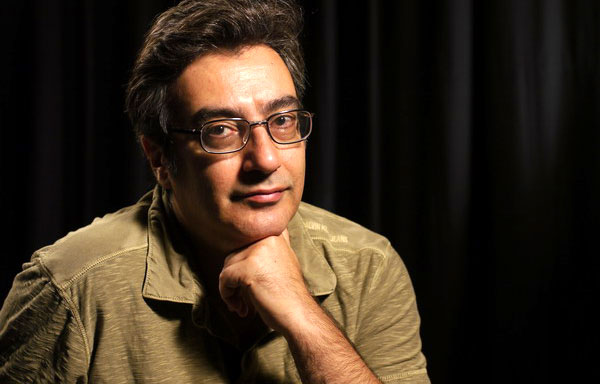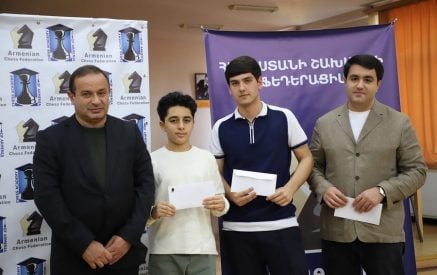“Many of them were absent, many of them did not vote, so the picture is not so definite. This is the situation of this parliament, they have voted in favor of a party decision”, so responded Director of Eurasia Partnership Foundation Gevorg Ter-Gabrielyan, in response to the question of Aravot.am of whether RA NA’s result of voting for ratification of the EaEU accession was predictable, in the event when prior to it, many of them were criticizing Serzh Sargsyan’s sole decision, but the Parliament registered 7 “cons”.
We inquired to know about what dangers await the civil society, especially since it is known what kind of approach, legislation and sentiments are available in RF in this regard. Mr. Ter-Gabrielyan responded, “There are a lot of fears, but I do not think that the current government of Armenia will initiate such steps independently. If they get a command from Moscow, maybe reluctantly, but might obey it. Now, it is beneficial for Armenia to maintain some autonomy, relations with the West. Eventually, it also benefits to Russia, but recently Russia takes steps to its own determent.”
Later, Mr. Ter-Gabrielyan referred to Russian President Vladimir Putin’s statement made yesterday that “the EaEU is purely an economic structure” and expressed concern. “Given the fact that Putin says one thing and does the opposite, it can be understood that now he would do just the opposite.” In this regard, Mr. Ter-Gabrielyan opines that many regions of Armenia, regardless of liberal, government or NGO structures, have united and they will do everything at any cost to preserve a little bit of independence.
He mentioned that this would be done perhaps in a way that similar processes either would not be like in Russia, or be formal. He brought the example that during the Soviet Union, in the years of stagnation, Communist meetings were held in Armenia, but they were more of formal nature as in Moscow.
Read also
To our question that yesterday, at the National Assembly, an opinion was heard that it is a historical day, so how it is historical, Mr. Ter-Gabrielyan responded, “When the Soviet Union collapsed, when in 1991, the majority of people of Armenia voted for independence, then, when Russia, Belarus and Ukraine signed a document on dismantlement of the Soviet Union, I personally was against it. I was not against democratization, but I was against such unexpected independence. Armenia was already in conflict and blockade, there was not a single trace of state mentality in Armenia, unlike the Baltic States. At that time, USSR collapsed in contrary to logic and without asking the opinion of the then Government of Armenia. Now, people have become more or less accustomed to independence and sovereignty. Now, a kind of historical event is going on, which could be a threat to sovereignty. Again, we are not asked.”
According to Gevorg Ter-Gabrielyan, people have not yet matured to the point to be sovereign, so “we should barely get along until people decide whether they want to be sovereign or not.” According to Mr. Ter-Gabrielyan, if the people wanted, some 3, 5 and 10 years ago they would not take election bribes. On the other hand, Mr. Ter-Gabrielyan has noticed that the ruling circles of Armenia are doing everything for people to appear in a similar situation: migration, reduction of education level, and so on.
To our question of which is its ultimate goal, Mr. Ter-Gabrielyan replied, “It is done for preserving the government of own pocket; it is a short-sighted and the present-day psychology of government authorities. We have the strongest anti-Soviet type of government authorities who have the present-day psychology – low educational level, they have no clue what are the prospects of an advanced democratic country and the statehood. There are developed people among the government authorities, but they are very few and do not constitute a qualitative balance.”
Tatev HARUTYUNYAN






















































